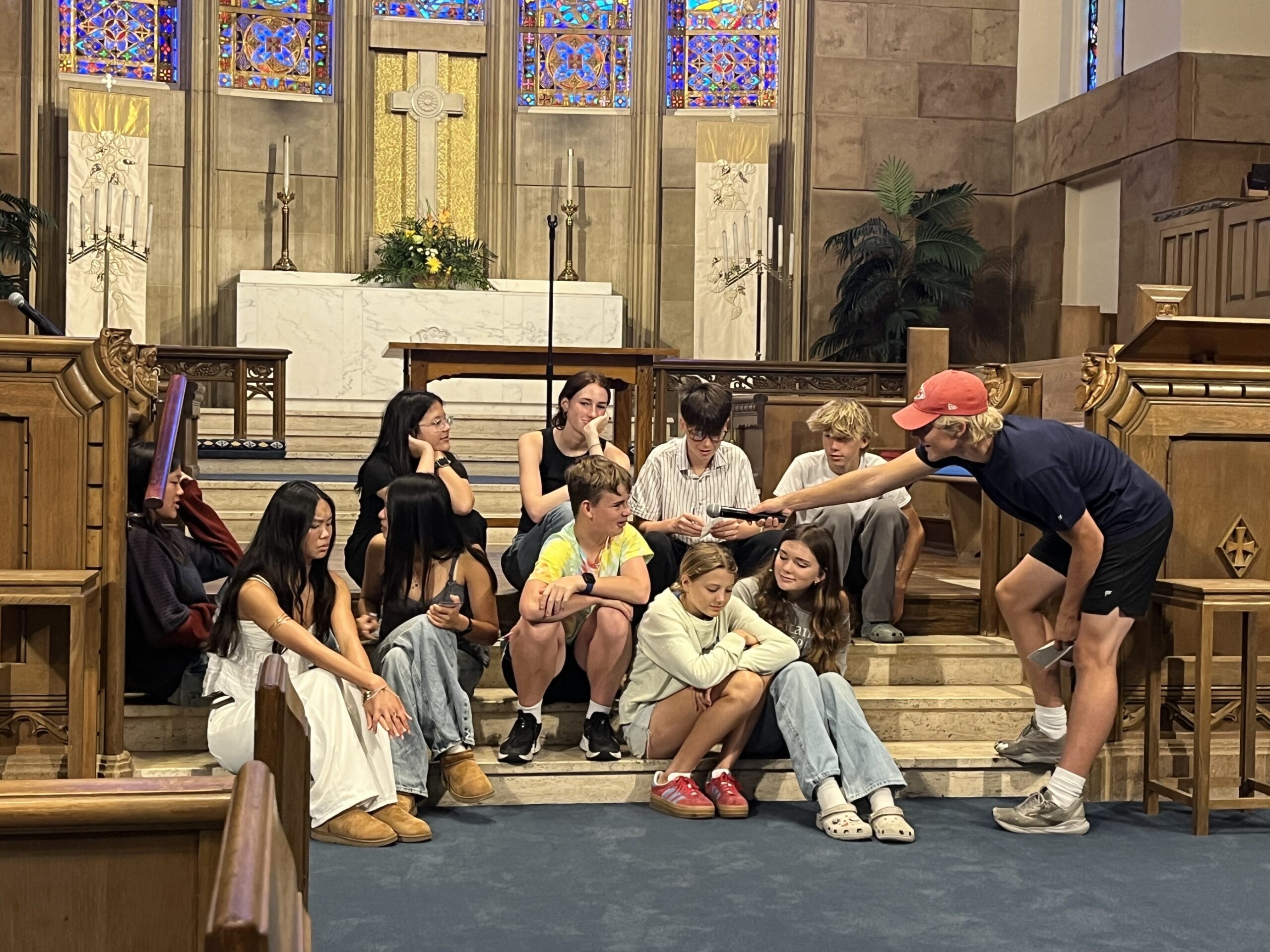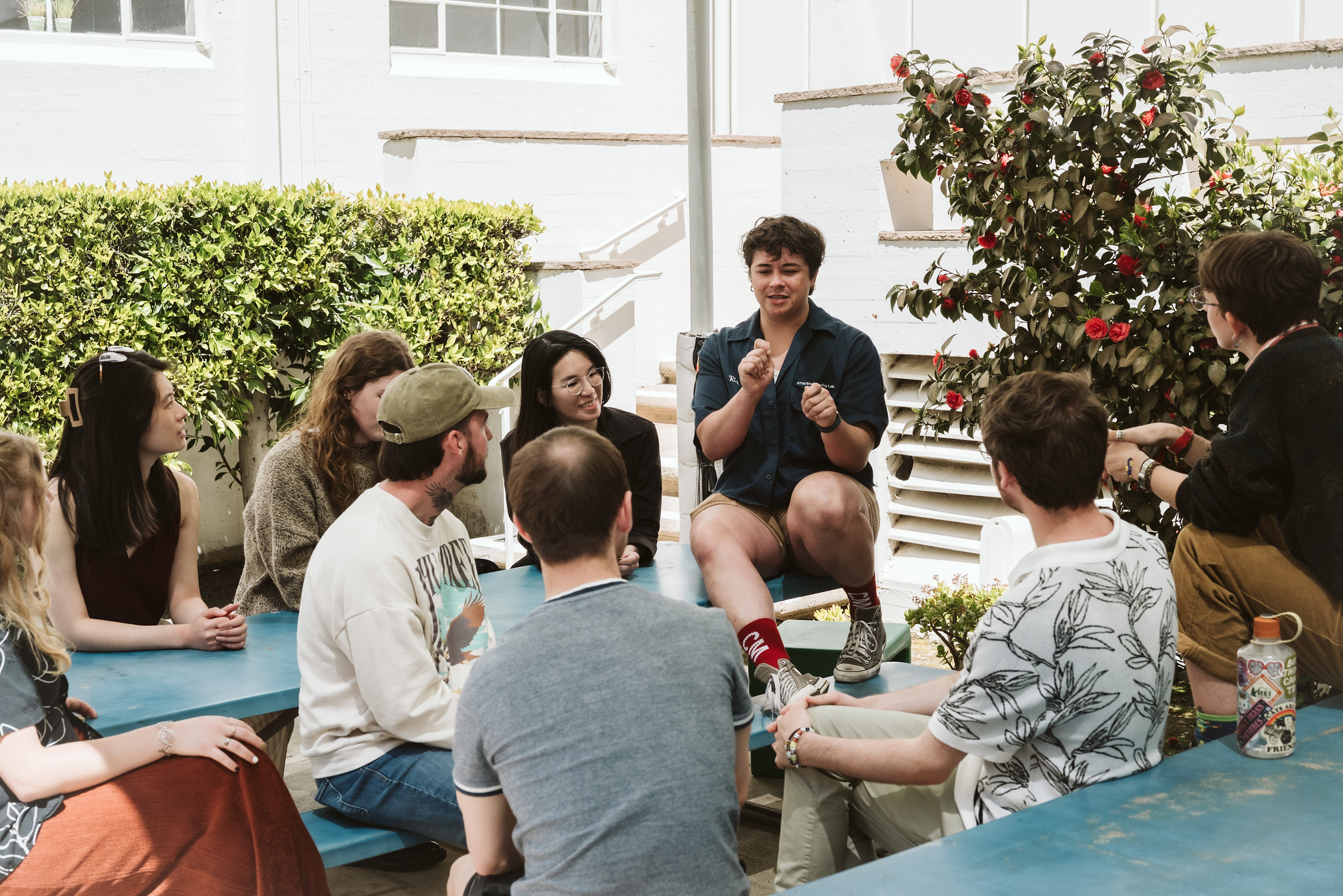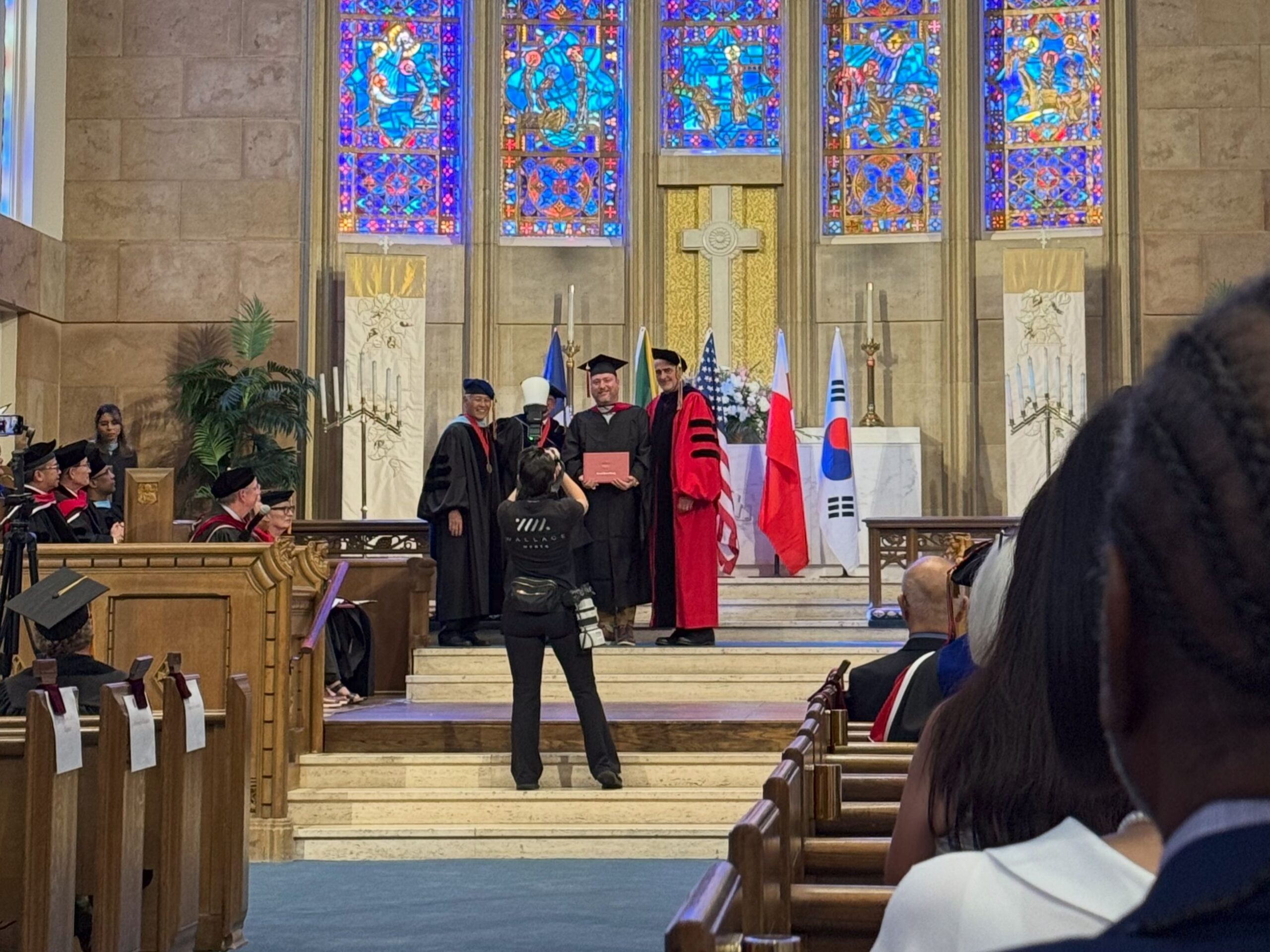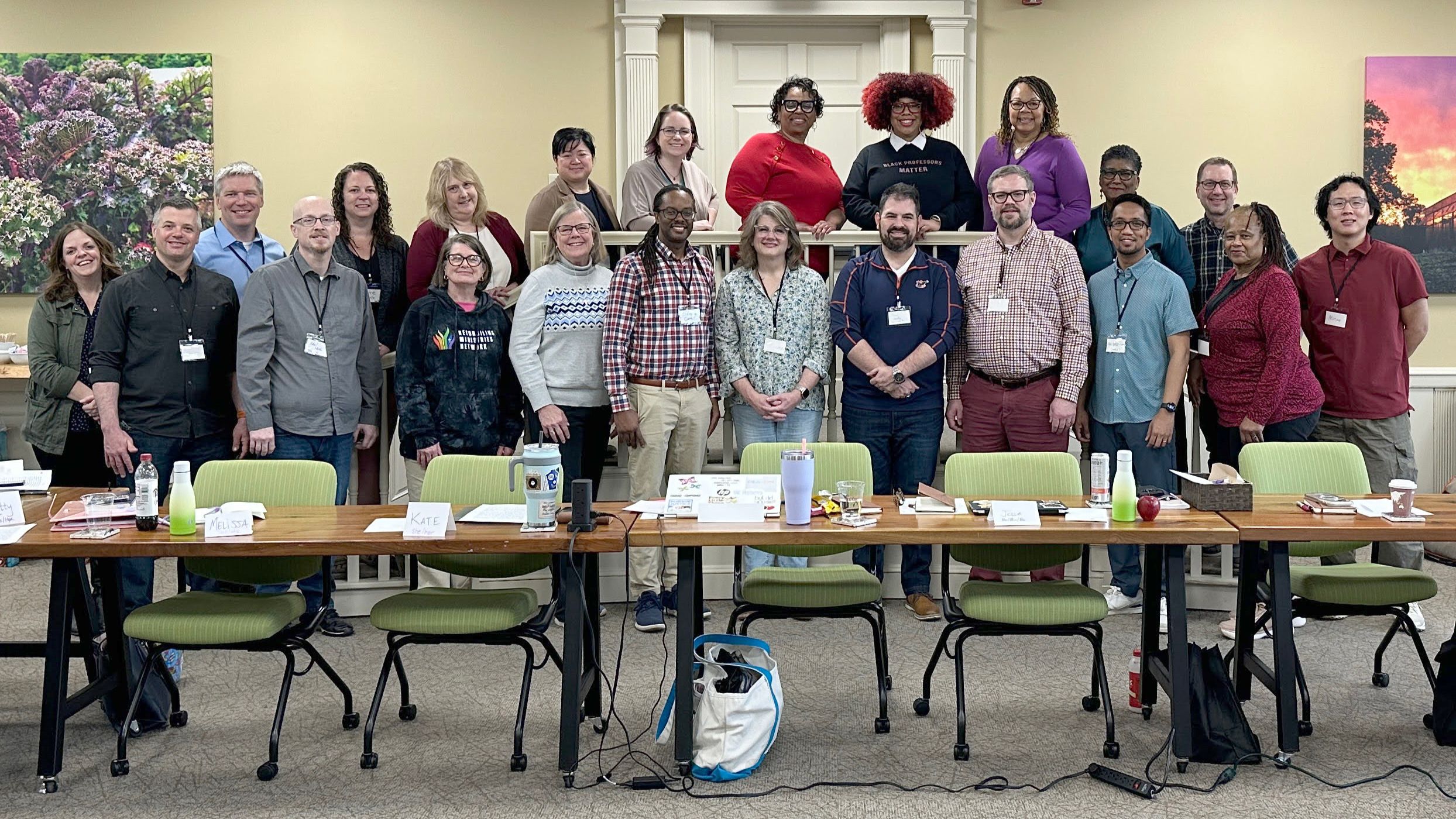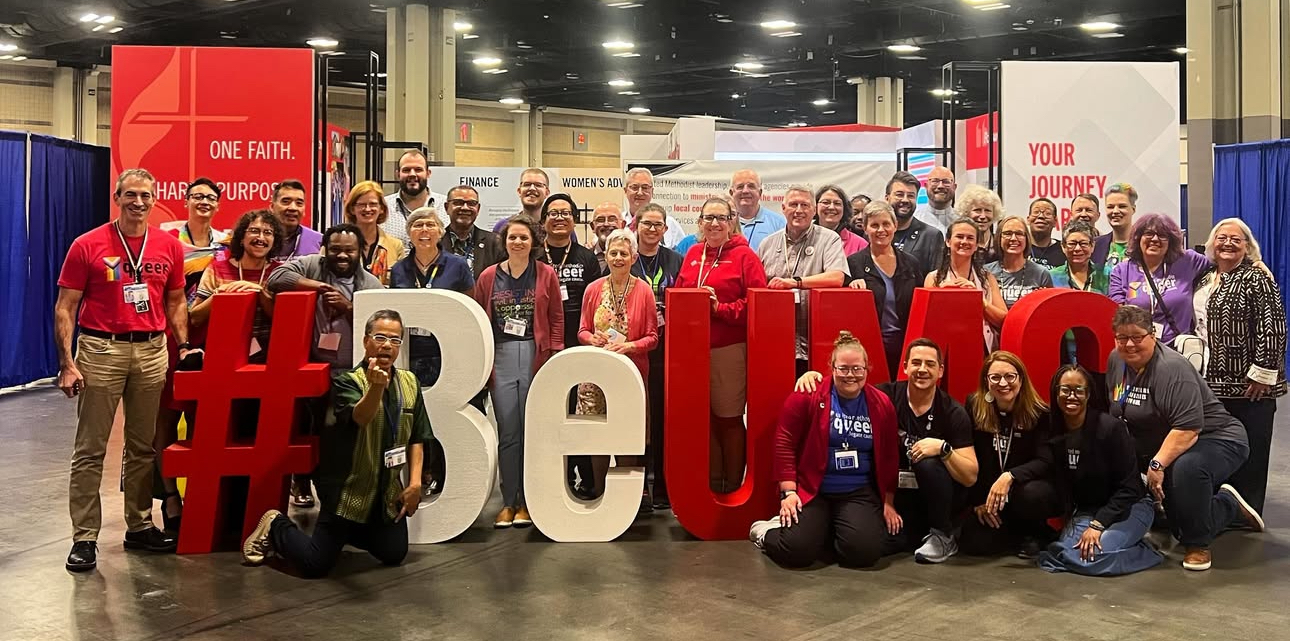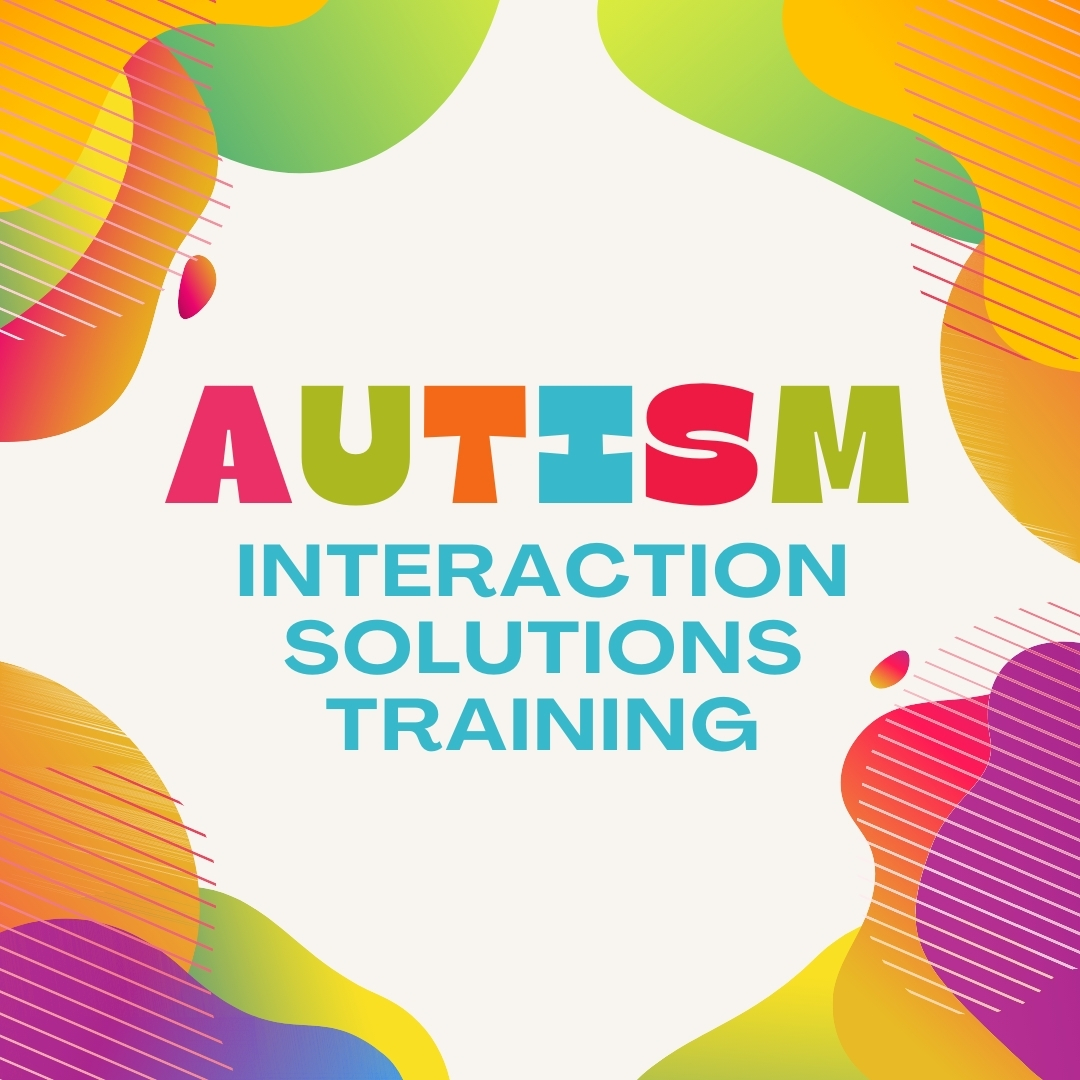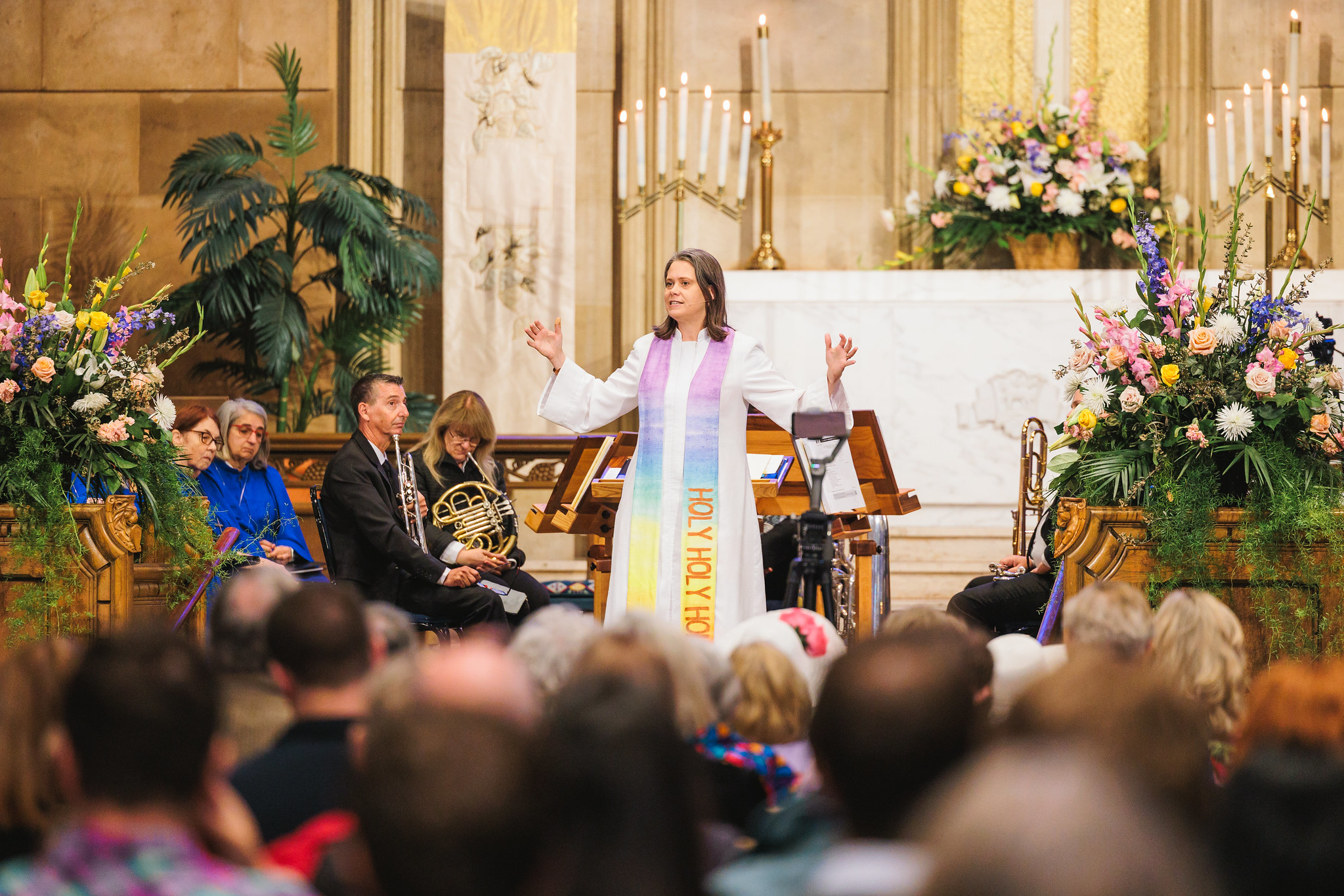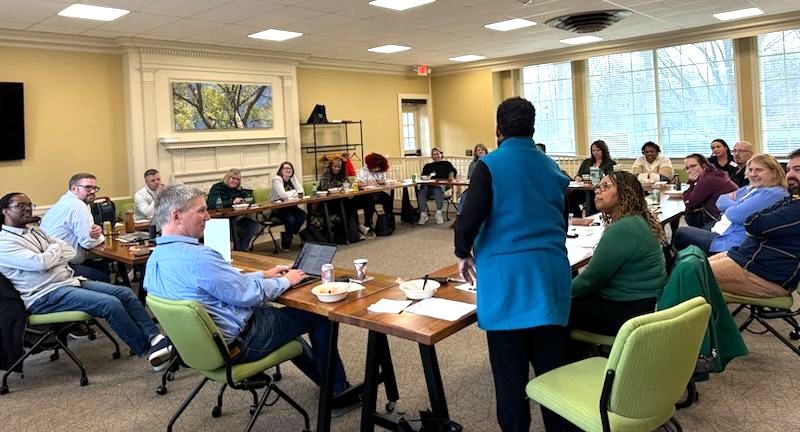Dear Westwood Community,
In The Loft, we are currently in the middle of a sermon series titled Better Together. This series explores the impact of loneliness on individuals and communities and the harm it can cause to our spiritual lives. The gospel shows us that social connection is a powerful healing force for individuals and communities. While we recognize that human connection is the antidote to loneliness, we are often left wondering, “How can I create and sustain these connections in today’s world?”
This past Sunday, I suggested that before we build trust and relationships with our community, we must first deepen our connection with ourselves. This deepening builds the foundation upon which we establish new or strengthen existing relationships. Building on the work of Howard Thurman, I believe that we need to learn how to listen to the Sound of our Genuine in order to discover who we are when we are not “wearing the masks” of our professional or personal identities. This process of self-reflection is not easy and requires a spirit of self-compassion, gratefulness, and wonder.
If self-love is the foundation upon which we build new and strengthen existing relationships, then the next item that should sit atop this foundation is friendship. This coming Sunday I will speak about the important role friendship plays in helping us feel connected, significant, and as though our life matters in the grand scheme of things. But I must confess that with a few notable exceptions, I have struggled to maintain strong friendships for most of my life. Why is it so hard for us to make friends as adults, and what can we glean from our Christian tradition that might help us become better at being friends?
You all can probably guess one of the relationships that I have been able to keep for the past twenty-plus years (she’s the better half of our partnership). The other friendship that I have been able to maintain is with my best friend, Dr. Seth Schoen, who, you may recall, wrote a letter about Juneteenth for our church community a few months ago. Seth and I have been friends since 2007, and our relationship has grown close. What distinguishes our relationship from any other that I have had outside of my wife is our willingness to be vulnerable with each other. Looking back, I am not sure how or why we started sharing so honestly wth each other. Maybe it was our common struggle in graduate school, our ordinary Midwestern sensibilities, or our struggle with neurodivergence; somehow, we dared to take the risk to open up to one another. And it is my fear of taking this risk, more than anything, that prevents me from developing more friendships similar to the one that Seth and I have.
Friendship, the kind we see in David and Jonathan, Ruth and Naomi, and Jesus, Mary, and the Beloved Disciple, asks us to take the risk that we may get hurt and be disappointed on the path toward and in the maintenance of a loving relationship. But throughout the biblical narrative, we see that this is a risk worth taking because we grow in knowledge of ourselves when we are in relationships of mutual love and support. Seth and I often joke that our relationship feels sort of like a marriage; like a marriage, we have had our conflicts, tensions, arguments, and reconciliations. I have learned how to be a better father, friend, husband, and brother because of our relationship. In this way, friendship is Sacred work. It is an invitation for the Spirit to work within and through us as we pull each other toward becoming more like Christ.
In this way, true friendship is a risk of faith. This may be why so many people seeking relationships join faith communities. My prayer is that in light of this series, our faith community may finally learn what it looks like for us to become “more than Sunday friends.”
In Love and Solidarity,
Rev. Dr. Carter
Conversation questions for the past two Sundays:
I know we haven’t been able to fully discuss the conversation questions the past two Sundays so I wanted to include them in this email. As I have stated on Sunday’s before, these questions are not designed for you to be able to thoroughly answer or discuss them in your small group on Sunday. Rather, they are designed to spark conversation and personal reflection through the week.
- What do you do to mask your loneliness?
- What do you most love doing, and why? What do you dread? How do you respond to stress? What are you most grateful for? What do you yearn for?
- Where do you find meaning and purpose in your life? Is the way you spend your time at odds or in alignment with what gives you a sense of purpose? What do you need to help better align your time with what gives you a sense of purpose?


